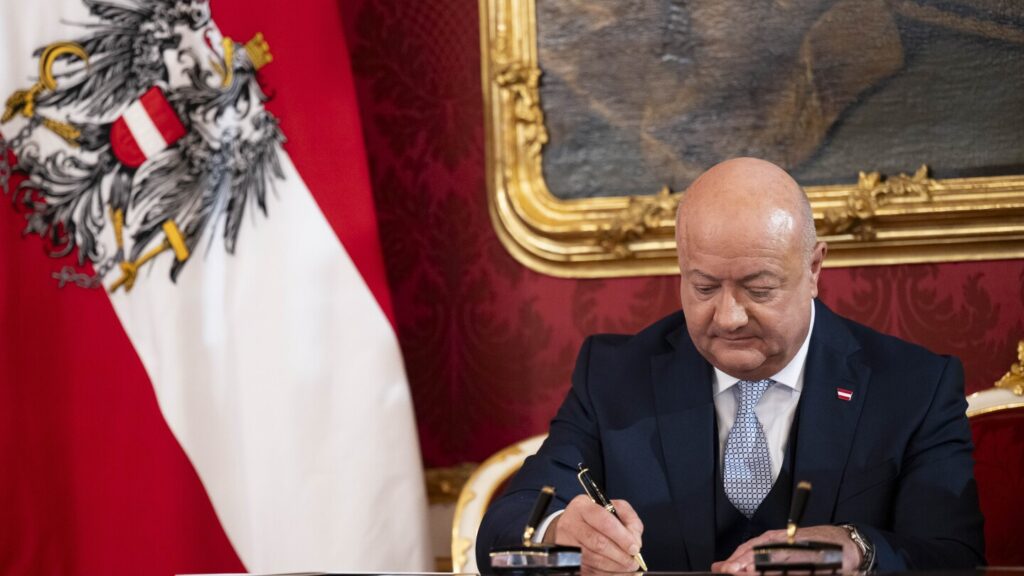The Austrian government announced a temporary suspension of the family reunification process for immigrant families, citing the country’s inability to adequately absorb new employees. Prime Minister Christian Stocker stated that the measure aims to enhance the integration of migrants already in Austria. This decision will prevent immigrants from protected states—those who cannot be deported—from bringing family members from their home countries. The ruling coalition, including the conservative Austrian People’s Party, Social Democrats, and the liberal Neo party, emphasizes strict new asylum rules as a priority.
Last year, 7,762 people were admitted through family reunification, and the number for 2023 is projected at 9,254, primarily minors. New immigrants, particularly from Syria and Afghanistan, are currently not allowed to bring their families while their asylum claims are pending or if they face deportation.
The government stated its rationale for these measures includes safeguarding the quality and security of the education system, with Interior Minister Gerhard Kerner indicating a need for a legal basis for the suspension to make it sustainable. This action reflects a broader trend in Europe, where many countries, including Germany and Sweden, are tightening immigration policies amid pressures to accommodate refugees. The EU is also pushing for more efficient deportation processes and has proposed a “European System of Returns” to streamline the enforcement of deportation orders across member states.
Source link


